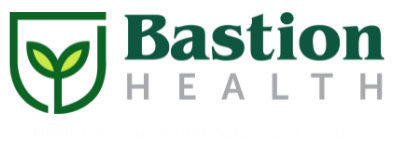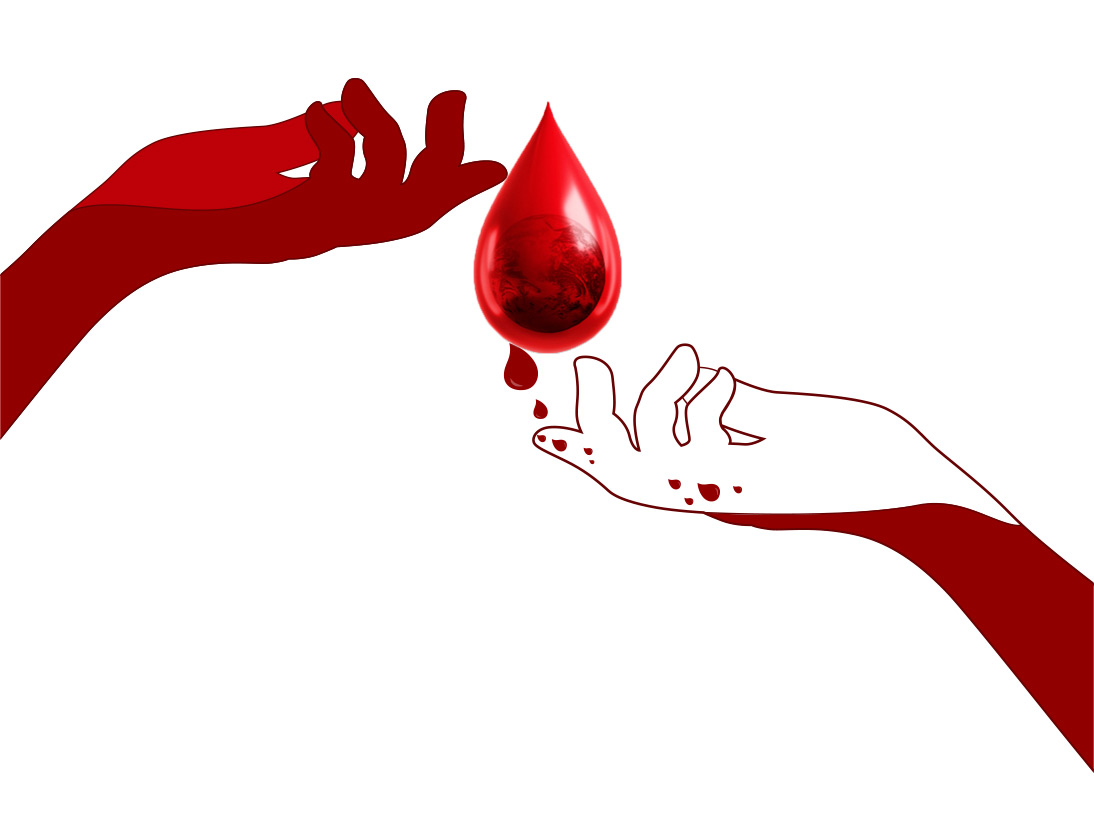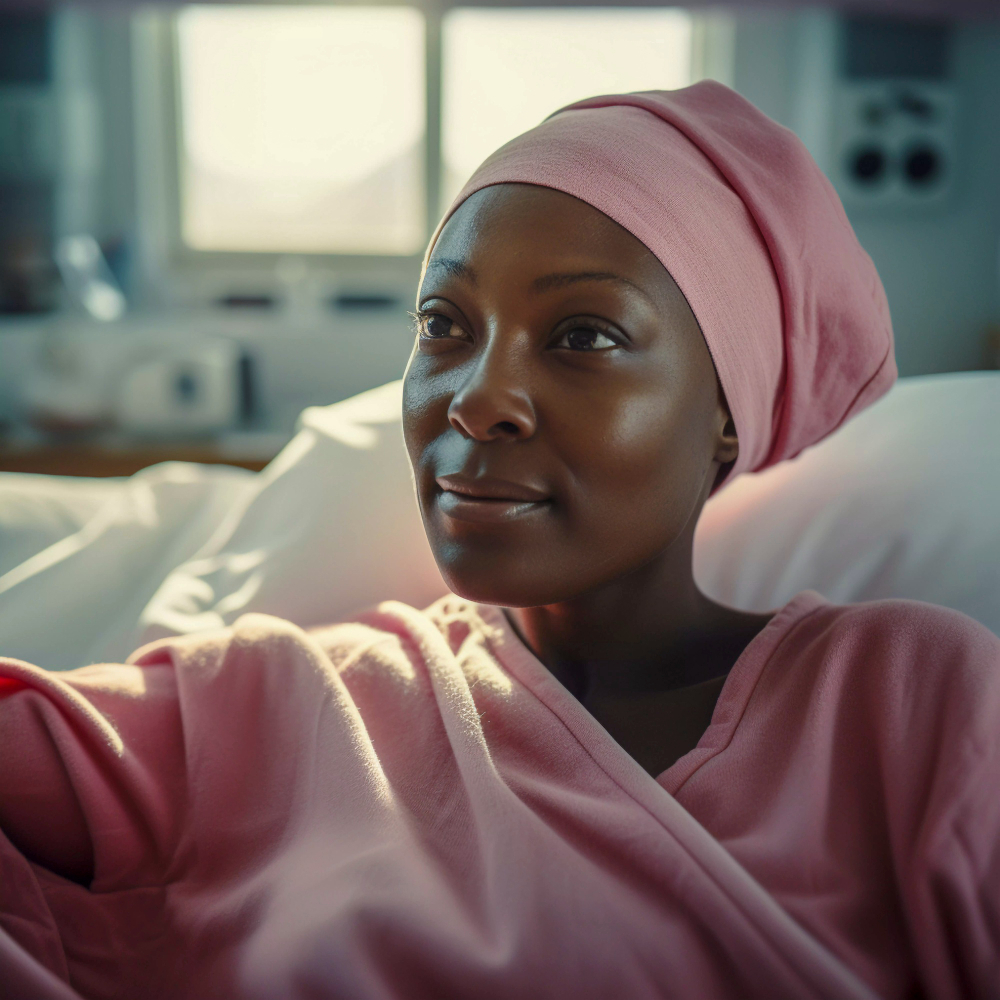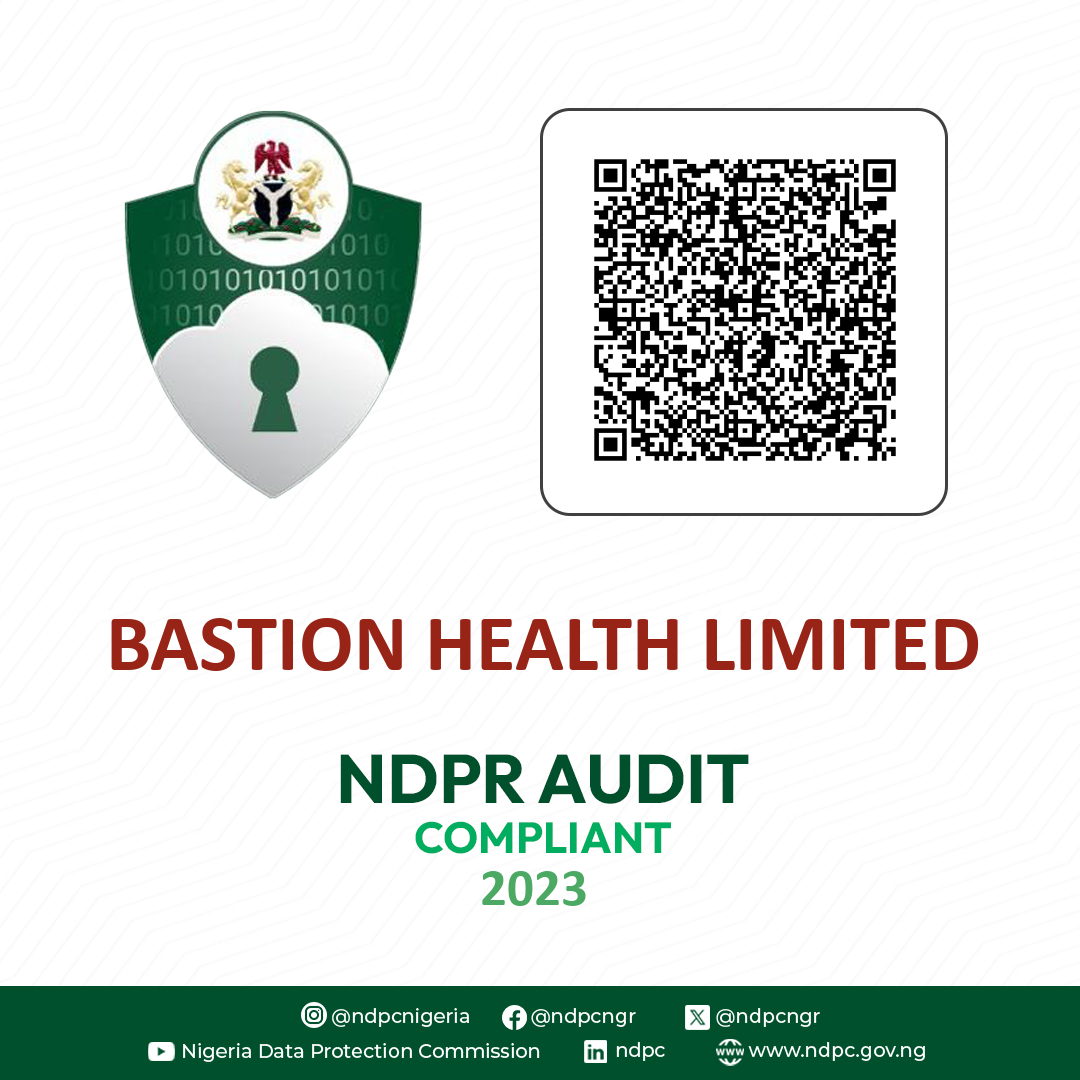‘United by Unique’
Every year, nearly 10 million people lose their lives to cancer, making it one of the leading causes of death worldwide. According to the World Health Organization, one in six deaths globally is due to cancer. With advancements in research and treatment, nearly 50% of cancer cases can be prevented through lifestyle changes and early screening.
“World Cancer Day is an international day observed every year on February 4th to raise awareness about cancer, encourage its prevention, and mobilise action to address the global cancer epidemic.
COMMON MYTHS AND MISCONCEPTIONS ABOUT CANCER
- Cancer is always hereditary: While some cancers do have genetic links, most cancer cases are not inherited. Most cancers develop due to environmental factors, lifestyle choices, or aging.
- All Tumours are cancerous: Not all tumours are cancerous. Benign tumours do not spread to other parts of the body, while malignant tumours are cancerous and can.
- Cancer can not be survived: Many types of cancer have high survival rates, especially when detected early. Advances in cancer treatment and early detection have greatly improved survival odds.
- Deodorant and antiperspirants cause breast cancer: There is no scientific evidence linking deodorants or antiperspirants to breast cancer. These products are safe to use.
- Cancer is Contagious: Cancer is not contagious. It cannot be passed from person to person through casual contact, such as touching or hugging.
WHAT IS CANCER?
Cancer is a group of diseases characterized by the uncontrolled growth and spread of abnormal cells in the body. If the growth is not controlled, it can lead to serious health issues and potentially be life-threatening. There are many types of cancer, including breast cancer, lung cancer, prostate cancer, and more.
WHAT ARE SOME SYMPTOMS OF CANCER?
UNEXPLAINED WEIGHT LOSS: Losing weight without trying, especially if it’s 10 pounds or more, can be a sign of several types of cancer, including stomach, oesophagus, or lung cancer.
UNUSUAL BLEEDING OR DISCHARGE: Unexplained bleeding, such as coughing up blood, blood in the stool, can be symptoms of cancer.
SKIN CHANGES: Any unusual changes in the skin, such as new moles, growths, or changes in existing moles, could be signs of skin cancer (melanoma)
FATIGUE: Feeling extremely tired or weak that doesn’t improve with rest could be a symptom of cancer, especially blood cancers like leukemia or lymphoma.
CHANGES IN APPETITE: A sudden loss of appetite or difficulty eating can be a symptom of several types of cancer, including stomach, pancreatic, or oesophageal cancer.
WHAT ARE SOME RISK FACTORS OF CANCER
- Lifestyle related risk factors such as smoking, poor dieting and excessive alcohol consumption.
- Environmental risk factors such as high exposure to UV Radiation from the sun, as well as the exhaust fumes from cars.
- Genetic risk factors, such as age – The risk of developing most cancers increases with age.
WAYS OF PREVENTING CANCER
- 1. Avoid Tobacco: Smoking and the use of tobacco products are linked to various types of cancer, including lung, throat, and mouth cancers. Quitting or avoiding tobacco can significantly reduce your risk.
- 2. Healthy Diet: Eating a diet rich in fruits, vegetables, whole grains, and lean proteins can help lower cancer risk. Limiting processed foods, red meats, and sugary drinks is also beneficial.
- Regular Exercise: Engaging in regular physical activity helps maintain a healthy weight and can lower the risk of certain cancers, such as breast and colon cancer.
- Maintain a Healthy Weight: Obesity is a risk factor for several types of cancer. Keeping a healthy weight through diet and exercise can help reduce this risk.
- Limit Alcohol Consumption: Excessive alcohol intake is associated with an increased risk of various cancers, including liver and breast cancer. Limiting consumption can help mitigate this risk.
- Protect Your Skin: Skin cancer is one of the most common types of cancer. Wearing sunscreen, avoiding tanning beds, and seeking shade can help protect your skin from harmful UV rays.
- Vaccinations: Vaccines can protect against certain viral infections that may lead to cancer, such as the HPV vaccine (which helps prevent cervical cancer) and the hepatitis B vaccine (which can reduce the risk of liver cancer).
- Regular Screenings: Participating in regular screenings and check-ups can help detect cancer early when it is most treatable. This includes screenings for breast, cervical, and colorectal cancers.
- Avoid Exposure to Carcinogens: Minimize exposure to harmful chemicals and substances in the workplace or environment that are known to increase cancer risk.
- Stay Informed: Educate yourself about your family history and discuss any concerns with your healthcare provider to understand your personal risk factors.
CONCLUSION
As we reflect on the impact of cancer and the strides we’ve made in understanding and combating this disease, it’s clear that our collective efforts can lead to significant change. So, as we observe World Cancer Day, let’s not only Honor those who have battled cancer but also commit to being proactive in our own lives. Together, we can make a difference.
